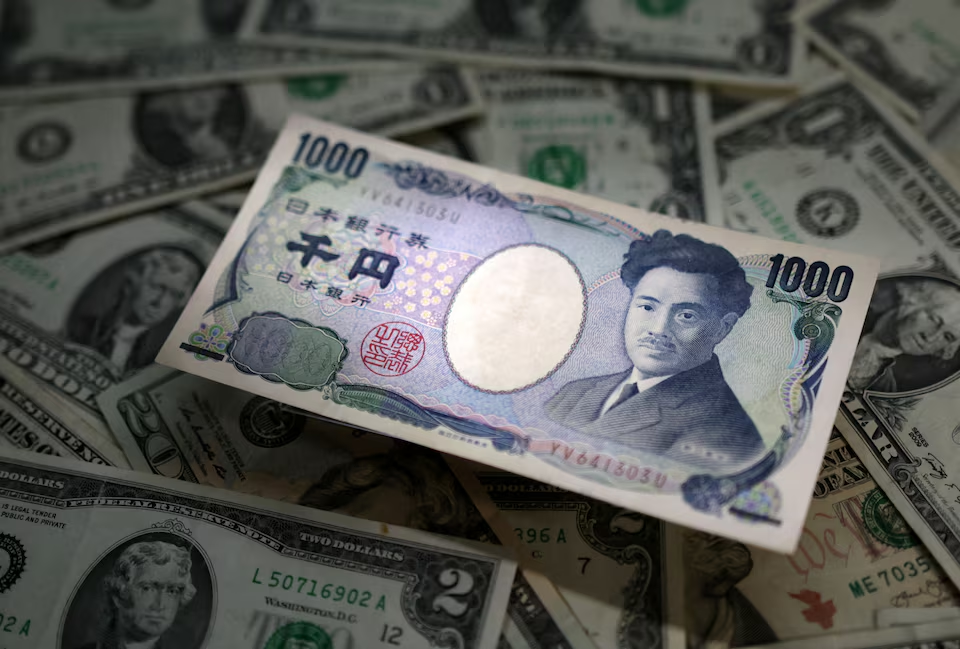
The Japanese yen tumbled against the U.S. dollar on Thursday following the Bank of Japan’s decision to maintain interest rates at current levels, while Federal Reserve Chair Jerome Powell’s remarks boosted the greenback. The moves highlight diverging central bank policies across major economies and the ongoing volatility in global currency markets.
BOJ Keeps Rates Steady, Signals Possible Hike
The Bank of Japan kept its policy interest rates unchanged and indicated a potential rate hike as soon as December 2025, contingent on wage growth and economic conditions. However, BOJ Governor Kazuo Ueda offered little clarity on the timing of the next rate move, leaving the yen under pressure.
“Policymakers at Japan’s central bank disappointed yen bulls by staying on hold,” said Karl Schamotta, chief market strategist at Corpay. Lou Brien, a strategist at DRW Trading, noted that Ueda’s willingness to “wait it out” took markets by surprise.
U.S. Dollar Strengthened After Powell Comments
The dollar strengthened against the yen and other major currencies after Fed Chair Powell suggested that a December rate cut is not guaranteed. Powell cited policy divides within the Federal Reserve and limited federal economic data, indicating caution in adjusting borrowing costs further this year.
The dollar index rose 0.35% to 99.49, reaching 99.72—the highest since August 1. Against the Japanese yen, the greenback surged 0.98% to 154.21, marking its strongest level since mid-February.
Fed funds futures traders now price in a 71% probability of a December rate cut, down from around 85% prior to Powell’s comments, reflecting uncertainty in U.S. monetary policy.
European Central Bank and Sterling Movements
The European Central Bank (ECB) kept interest rates at 2% for the third consecutive meeting, providing no forward guidance. Analysts suggest the ECB will maintain its cautious approach for several months, citing muted inflation pressures and Germany’s fiscal stimulus as mitigating factors against trade-related economic headwinds.
The euro weakened to $1.1576, reaching its lowest level since mid-October, while sterling fell 0.23% to $1.3162, approaching its lowest level since April. The decline in the pound reflects growing market expectations that the Bank of England may cut interest rates in upcoming meetings.
Market Implications
The contrasting policies of the BOJ, Fed, and ECB have intensified volatility in foreign exchange markets, particularly impacting dollar/yen and euro/dollar trading. Investors are closely monitoring central bank communications and macroeconomic indicators for clues on the next moves in interest rates.
Additionally, geopolitical developments—including a U.S.-China trade agreement aimed at trimming tariffs, resuming soybean purchases, and addressing the fentanyl trade—are influencing investor sentiment and currency flows.
In cryptocurrencies, bitcoin fell 3.13% to $107,989, reflecting broader market caution amid macroeconomic uncertainty.


Leave a Reply